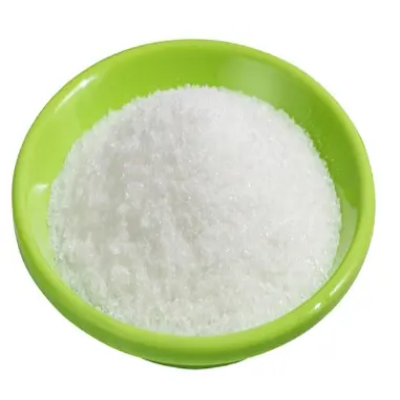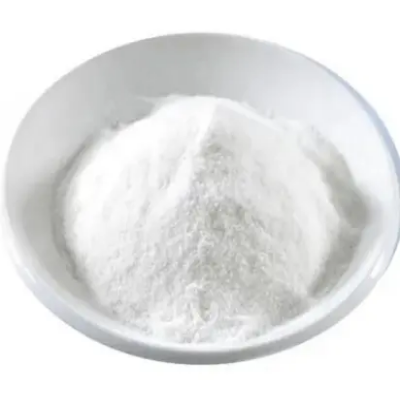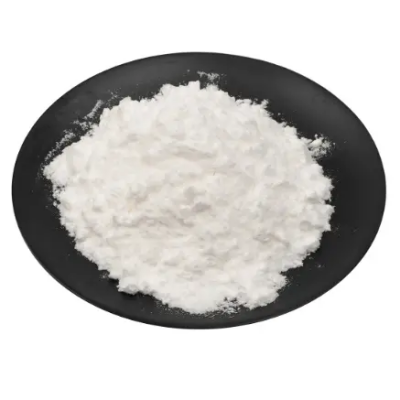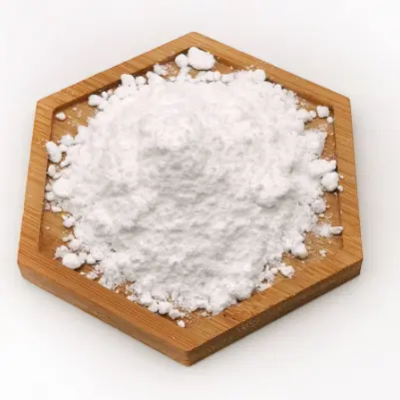Enrofloxacin CAS:93106-60-6
Enrofloxacin is widely employed in veterinary practice for the treatment of a variety of bacterial infections in companion animals, livestock, and exotic species. It is effective against both Gram-negative and Gram-positive bacteria, making it suitable for treating respiratory, urinary, skin, and soft tissue infections, as well as gastrointestinal and reproductive tract infections in animals. In companion animals, enrofloxacin is frequently prescribed for conditions such as urinary tract infections, skin infections, and respiratory infections like pneumonia. In poultry and livestock farming, enrofloxacin is used to combat bacterial diseases like colibacillosis, pasteurellosis, and mycoplasmosis, which can have significant economic impacts on production. Veterinarians may also recommend enrofloxacin for the treatment of otitis externa in dogs, abscesses in cats, and infectious diseases in exotic species like reptiles and birds. The appropriate dosage and duration of treatment are determined based on the specific infection, animal species, and severity of the condition being treated. It is important to follow veterinary instructions for the correct administration of enrofloxacin, including dosage, route of administration, and treatment duration, to ensure optimal efficacy and minimize the development of antimicrobial resistance. Adverse effects such as gastrointestinal upset or allergic reactions should be promptly reported to the veterinarian. Regular monitoring of treated animals for clinical response and any potential side effects is essential during enrofloxacin therapy. Veterinary oversight helps ensure the safe and effective use of enrofloxacin in animals, promoting animal health and welfare while addressing bacterial infections effectively.



| Composition | C19H22FN3O3 |
| Assay | 99% |
| Appearance | white powder |
| CAS No. | 93106-60-6 |
| Packing | Small and bulk |
| Shelf Life | 2 years |
| Storage | Store in cool and dry area |
| Certification | ISO. |









